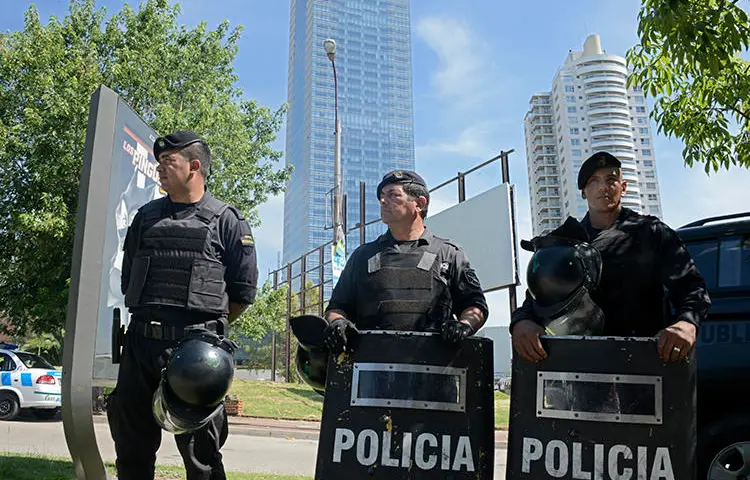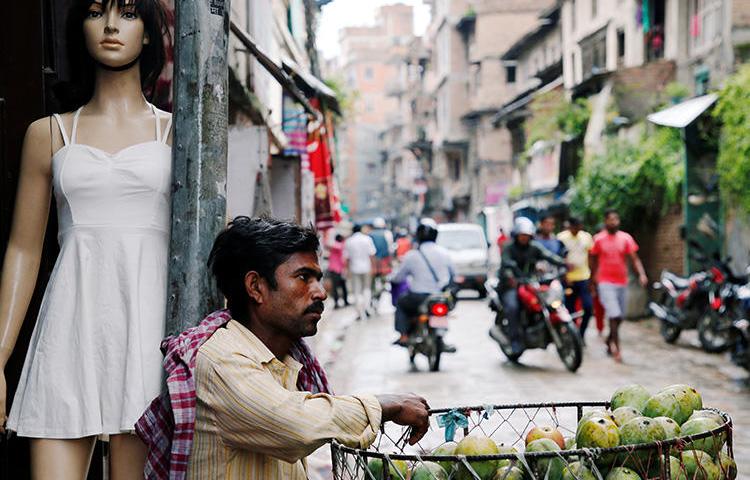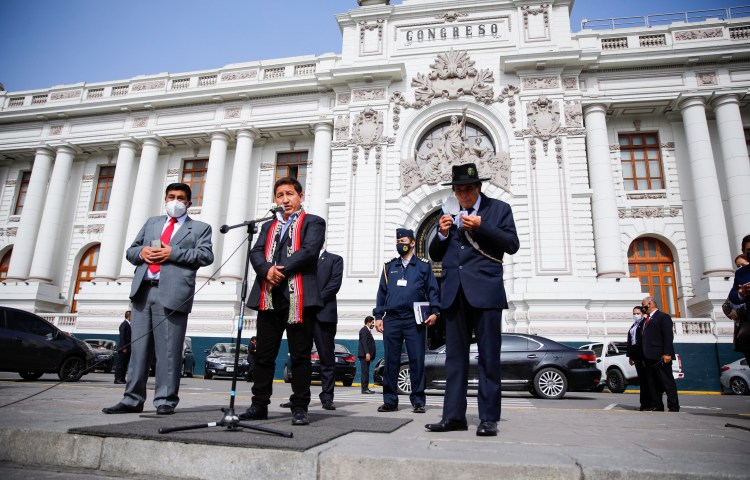
Peru legislators propose law criminalizing reporting based on leaked information
Miami, March 10, 2022 — Peru’s Congress should reject a bill that would criminalize reporting based on leaked information from informants cooperating in criminal investigations, as it would negatively impact journalists’ ability to operate, the Committee to Protect Journalists said Thursday. On February 23, the Commission of Justice and Human Rights unanimously approved a bill…
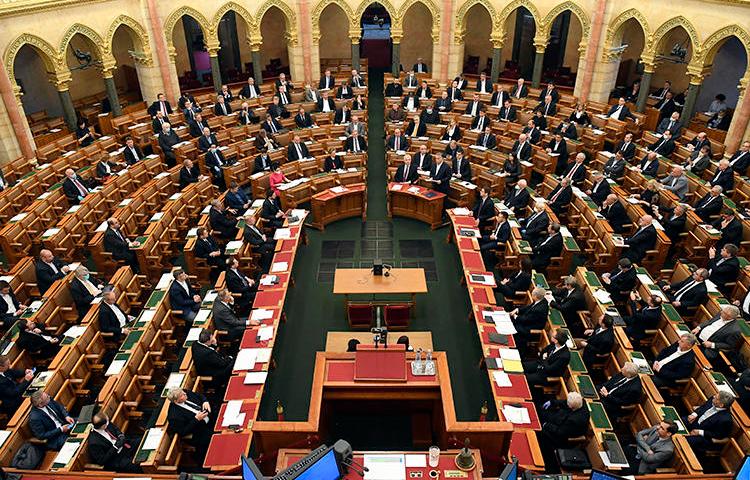
Proposed Hungarian laws could imprison journalists covering coronavirus response
Berlin, March 24, 2020 — Hungarian lawmakers should not pass amendments to the country’s criminal code that threaten journalists with prison sentences for their coverage of the COVID-19 pandemic, the Committee to Protect Journalists said today.
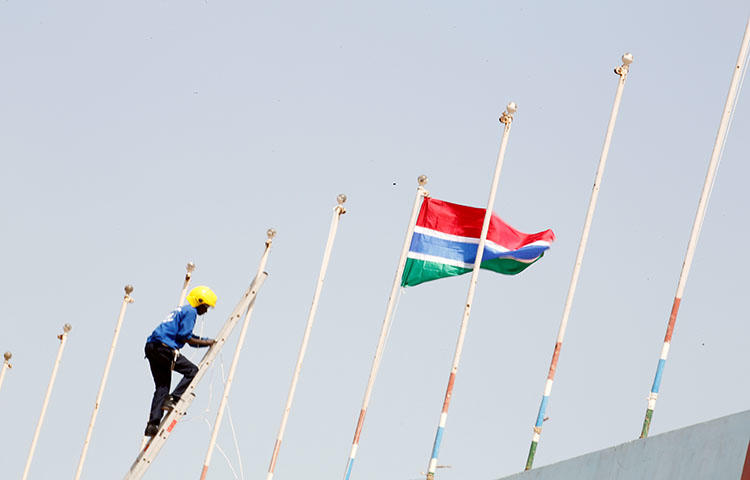
Gambia declares criminal defamation unconstitutional, keeps some laws on sedition, false news
Nairobi, May 10, 2018–The Committee to Protect Journalists welcomes the Gambian Supreme Court’s decision yesterday to declare criminal defamation unconstitutional, but is dismayed that segments of the country’s criminal code on sedition and false news were upheld.
